FinTechs vs Banks Vs Telcos: Who will be Crowned Largest/best payment processor?
Table of Contents
The Payment Processing landscape
ISOs
Independent Sales Organizations (ISOs) sell credit card processing services to merchants, and they act as intermediaries between merchants, payment processors, and acquiring banks. In some cases, they might actually be banks; for example, Wells Fargo is a Fiserv ISO.
ISOs service merchant bank accounts and, at times, create the relationship between a merchant and bank in the first place. ISOs also lease point-of-sale terminals to merchants and may service customers who have problems with their cards. Because an ISO is not a bank, it does not physically manage merchants’ money and it’s also not regulated in the same way.
Issuers
Issuers are banks or other financial institutions that issue credit cards to consumers on behalf of the card networks. Specifically, these are the bank names that appear on credit cards, such as Chase or Bank of America. They also issue payment to the merchant’s bank (the acquiring bank) on behalf of their customers, which means they assume risk in the event that the customer is unable to pay their credit card balance.
issue mastecard, mpesa, opay
Aquirers/Process
An acquirer is a bank or financial institution that enables a merchant to accept credit card payments from a customer’s card-issuing bank within a credit card network. These are typically referred to as merchant acquirers. An acquirer primarily processes credit or debit card payments on behalf of a merchant, but they can also be either a payment processor or an Independent Sales Organization (ISO)—Elavon is one such example of an acquiring bank that’s also a payment processor. The acquirer assumes the risk and passes the merchant’s transaction information on to the card brand associations (the card networks), and the issuers, to complete the payment.
Related: Importance of Cash Flow in Business
Case Study: Nigeria Payments Landscape
The FinTech Advantage
FinTechs have considerable advantage over both traditional banks and
Purpose
Fintechs have the luxury of having well-defined objectives when entering the markets as opposed to banks or Telcos that have bigger traditional duties that must be carried out irrespective of their vision to capture as much of payment processing as they like.
Market dominance works on the principle of fixing frictions and he that is able to fix the ost important or relevant frictions will dominate the market. The early defined purpose of startups in fixing particular frictions rather than broader outlook of the markets surely gives them an edge
Consumer relations
With the advent of technology, there are lots of avenues for banks to reach out to existing customers
The Telco Advantage
Reach
In Africa, the race to payment processing is a very unique one. There is about 18% Internet penetration but over 80% mobile penetration. This 80% that are connected on mobile represent over 960 million people who have phones. and Telecommunications have a huge advantage.
Nigeria is not left out of this high GSM penetration with 195 million active mobile subscribers while internet subscribers are only and MTN, the Largest network in Nigeria, single-handedly has about 64.3 million subscribers. This huge subscriber base will serve as a huge headstart for their goal of driving payment processing.
Traditional Bank Advantage
Experience
The Traditional bank more often than not have been around for longer than most telecommuncation companies and Fintechs. this naturall means they have better understanding of the market and
Trust
Alat started with the digital bank propaganda and added 180 thousand customers. This is simply a leverage on the over 70 years of operation of its parent Wema bank. It does not require a ton of publicity for the world to believe in their vision
Disadvantage
Process
Banks are biger entities and generally go throuh a lot of process to make decisons as it takes time to navigate the bureaucrtic landscape that as been formed over the years.
Winning the payment processing race has a lot to do with rapid innovation, adoption of technologies that traditional banks may not be too familiar with and
Digital Village influence
The unboxing of territories has unleashed new competition for struggling/not-so-buoyant local entities. This unboxing has been made possible with the advent of the internet successfully eliminating geographical barriers and allowing goods, services and just about anything be sold across international waters.
In India, the big Tech companies arrived with their big war chest to get a piece of the vastly growing population. Facebook has also identified as one of the few to identify the potential in the Nigerian Market and made efforts to get a piece of it. The first effort was the proposed subsea cable that aims to increase the speed of broadband in the country to acceptable levels and open an office in Nigeria (The second office in Africa) by 2021.

Case Study: United States
The Landscape is a bit broader in the United States with tech companies also bringing their massive
The FinTech Advantage
As at February 2020, there wer 8,775 financial technology (Fintech) startups in the Americans in February 2020, making it the region with the most Fintech startups globally.
Tech Companies
The big Tech companies have also become big players in the payment indistry. Tech companies such as Apple have Apple pay, Amazon has Amazon pay google has its own google pay, Facebook is launching its own facebook pay
The Tech Advantage
Ecosystem
There almost a billion apple phones with access to its appstore, itunes store and all making purchases
The Telco Advantage
The telecommunication companies also have their own advantage hinged on their business model
Traditional/Investment Bank Advantage
This big banks surely have an advantage
Winning the Race to Payment Processing
The Criteria to winning the payment transformation is expected to hinge largely on technology, however, the advent of such words as API’s has made sure technology is nothing but a commodity that can be bought and sold wither in form of hiring the manpower behind it or buying the business that holds that owns the technology.
Who will win?
Lets discuss in the comments section!
i would love to hear from you

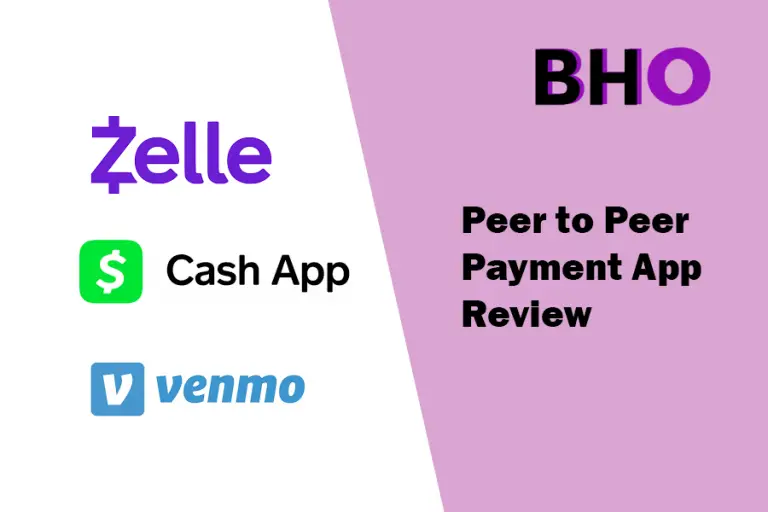
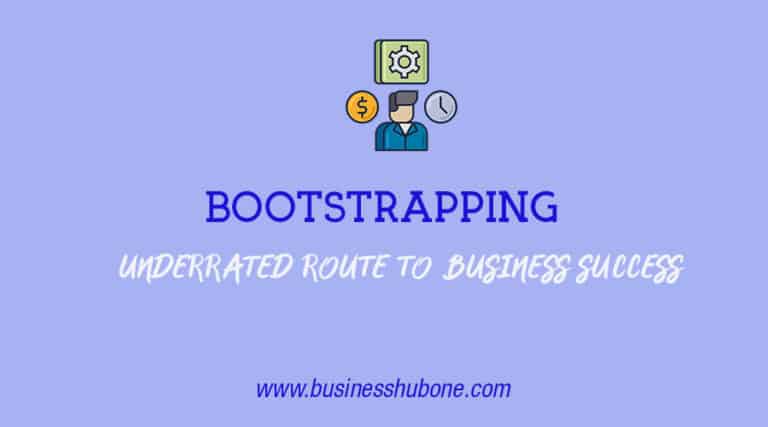
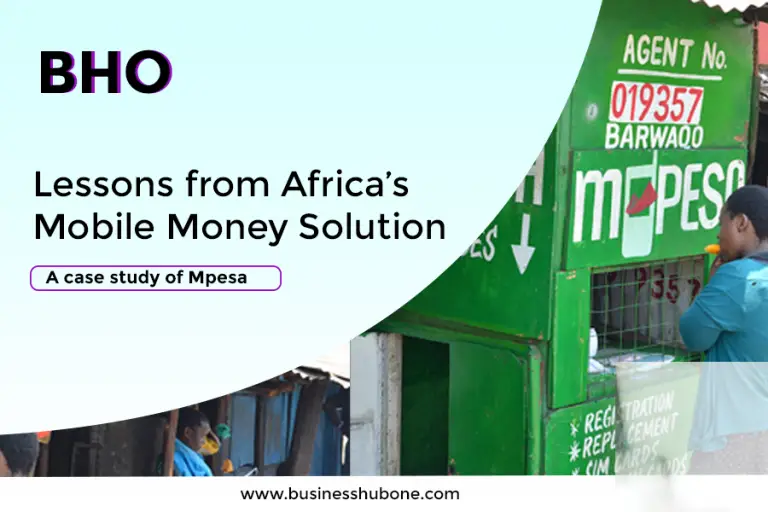
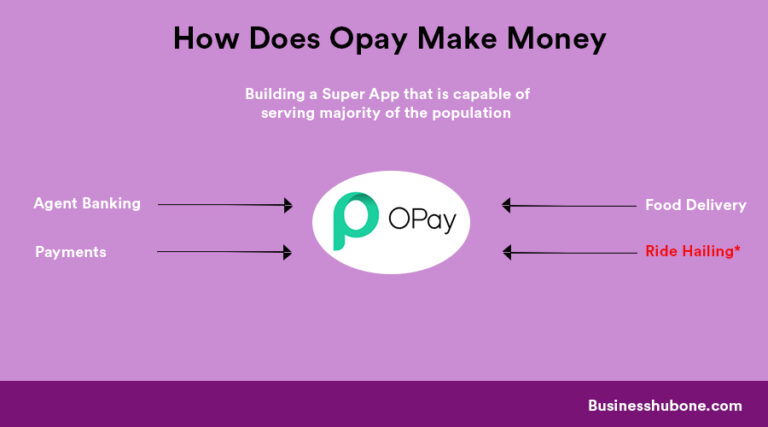

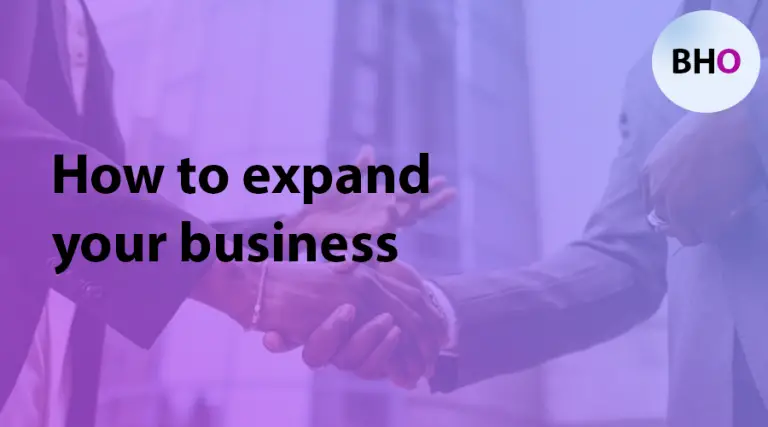
2 Comments